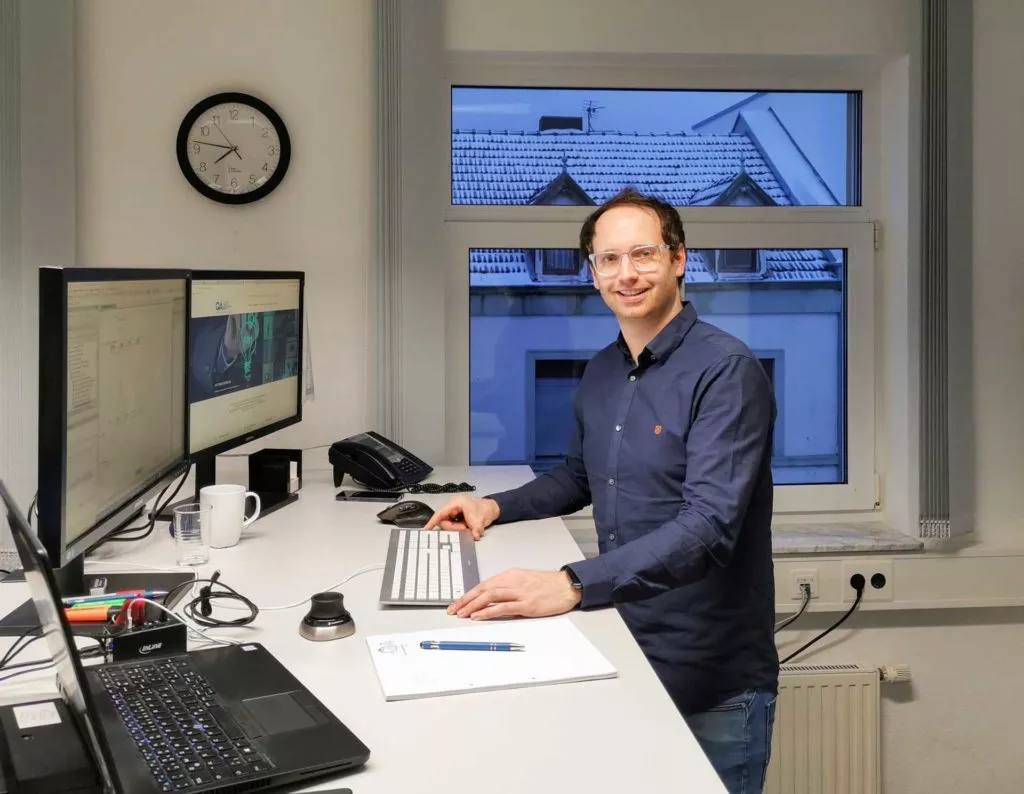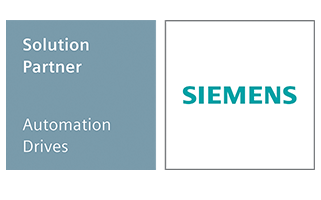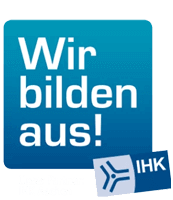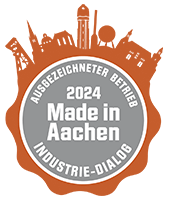Dennis Paustenbach is 31 years old and has been working for Quality Automation GmbH since April 2016. More than two years ago, he decided to take a part-time distance learning course and is now about to write his master’s thesis. We asked Dennis some interesting and personal questions about this, which he was happy to answer. In the following, you can read about his motivations, daily study routine and private plans after completing his studies. Of course, you will also learn something about the framework and content of the study and not least personal tips from Dennis to those readers who are currently thinking about starting a distance learning program themselves.
Let’s first look back a few years. After Dennis completed his apprenticeship as an electronics technician with distinction in 2010 as one of the best in his class, he first worked in his profession for a year until he decided to start certified technician program at night school at the Berufskolleg für Gestaltung und Technik in Aachen. Already here he experienced what it was like to have to study and take exams while working. This went so well that Dennis caught up on his technical high school diploma at the same time, and so by the end of 2015 he had his technical high school diploma and was a state-certified technician.
Why study?
At the beginning of 2016, his professional path led to the electrical design department of QA. After a little over a year in his new job, he decided to pursue the part-time distance learning Master of Science in Electrical Engineering with a specialization in Automation Engineering at Darmstadt University of Applied Sciences, Department of EIT.
When asked why he chose this course of study, Dennis has several immediate answers: “Because of my training as a state-certified technician for automation technology and because of my work up to that point as an electronics technician in the field of automation, it made sense for me to also complete my further education in the subject area. I also found that electrical engineering suits me and that I enjoy it a lot.”
Furthermore, he sees the field of automation technology as very future-oriented and growing strongly in the coming years.
“I think that tasks that will have to be solved in the industry in the future require a good basic education and want to be prepared for this not only practically, through my job, but also theoretically through my studies. I’d like to gain a deeper insight into the theory behind the things I apply and use in my daily professional life.”
The study
The distance learning program at Darmstadt University of Applied Sciences consists of 7 semesters of standard study time, with the 1st semester being a preparatory semester, due to the lateral entry from technician to master.
“Only when you have successfully passed the exams of the preparatory semester, you are allowed to start with the actual studies”, Dennis reports. He remembers the time well: “Getting admitted to the program at all is a challenge. In addition to an application with a resume, a letter of motivation and a letter of recommendation, you also need a good technical degree to be invited to the entrance exam. If you pass the entrance exam and the exams at the end of the preparatory semester, the actual studies begin. From originally more than 40 lateral entrants interested in studying in the admission process, only 4 people actually started the studies.”
The contents
Classroom lectures are held four times a month, usually on Fridays and Saturdays, but sometimes also on Sundays. The exams at the end of a semester are divided over two weekends. Most of the knowledge has to be acquired in self-study after work or on the weekends off. “This already requires a high degree of self-discipline and motivation, especially after a long day at work,” Dennis tells us. Due to the Corona pandemic, there are currently no face-to-face events. This saves traveling to the university, but makes personal interaction and knowledge exchange with fellow students and professors more difficult.
In the first part of the program, students are taught in-depth fundamentals of electrical engineering. Topics such as system theory and signal processing are on the program. In the second semester, students choose a specialization. Special methods of control engineering, learning controls, robotics and electromobility are just a few of the subjects. Interdisciplinary subjects such as communication technology, employee management and labor law are taught regardless of the specialization. The program concludes with a master’s thesis and the academic degree of Master of Science.
The master thesis at QA?
Dennis is currently in his 4th semester and his master’s thesis is due in the coming summer semester. Here, of course, our first question was whether he would like to write it at QA or gain new experience in other companies. “I would like to do my master’s thesis at QA, this has already been clarified and I am very happy about it. Only the topic still needs to be clarified,” Dennis tells us. Here at QA, he has many opportunities to directly put into practice what he has learned and is also supported in many ways. “I’m very glad that QA has my back here, whether it’s from spontaneous vacations to study just before exams to my professional career after graduation.”
What’s next after graduation?
He sees his future continuing at QA, after graduation he would like to stay with us, but orient himself more in the direction of software development. There are already internal agreements on this, he tells us. In his private life, too, things will change after graduation: “I am confident that I will have more time for my family and friends again. After graduation, a new phase of life begins and topics such as family planning and building or buying a house will also be on the agenda in the next few years.”
We would like to take this opportunity to wish Dennis every success in his further studies, his professional career and, of course, that he achieves all his goals and wishes in his private life.
Further tips for our readers
If interest in studying or other further education and training has now been aroused, Dennis has a few more tips: “First of all, you should be aware that studying while working is very time-consuming. Friends and family often take a back seat, especially shortly before exams. In general, you should be very self-motivated and have the will to follow through with your studies. Good support from your employer is also very important. In addition, you should have the prospect of a position in your own company or in another company that fits in with your further education, so that you can apply what you’ve learned directly after your studies.”




